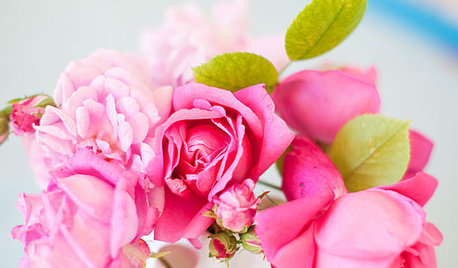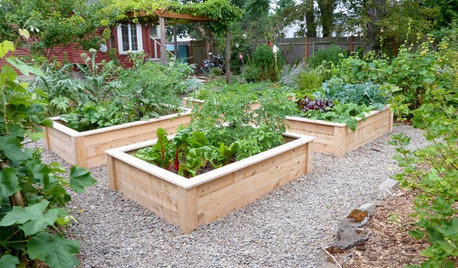Best way 2 treat blackspot on roses! help!
novice_2009
14 years ago
Featured Answer
Comments (11)
guardenman
14 years agoRelated Professionals
Andover Landscape Contractors · Barrington Landscape Contractors · Bedford Heights Landscape Contractors · Hilo Landscape Contractors · Mission Viejo Landscape Contractors · Oklahoma City Landscape Contractors · Brentwood Los Angeles Outdoor Lighting & Audio Visual Systems · Fishers Decks, Patios & Outdoor Enclosures · Lansdale Decks, Patios & Outdoor Enclosures · Lebanon Decks, Patios & Outdoor Enclosures · Midwest City Decks, Patios & Outdoor Enclosures · Port Saint Lucie Decks, Patios & Outdoor Enclosures · Provo Decks, Patios & Outdoor Enclosures · Canyon Lake Stone, Pavers & Concrete · Finneytown Stone, Pavers & Concretedchall_san_antonio
14 years agomarymd7
14 years agonovice_2009
14 years agomarymd7
14 years agoKimmsr
14 years agodchall_san_antonio
14 years agoKimmsr
14 years agodchall_san_antonio
14 years agoKimmsr
14 years ago
Related Stories

REMODELING GUIDESTearing Down a Wall? 6 Ways to Treat the Opening
Whether you want a focal point or an invisible transition, these ideas will help your wall opening look great
Full Story
PETS6 Ways to Help Your Dog and Landscape Play Nicely Together
Keep your prized plantings intact and your dog happy too, with this wisdom from an expert gardener and dog guardian
Full Story
BUDGET DECORATINGSimple Pleasures: Treat Yourself to Cut Flowers
Enjoy priceless beauty with just a few inexpensive stems — and you don’t need fancy vases, either
Full Story
GARDENING AND LANDSCAPINGCreate Nests: Treat Yourself to a Protected Walkway
Turn a garden path into an exploration of inviting nooks and beautiful views
Full Story
GARDENING GUIDES12 Tips to Help You Start an Edible Garden
Get on your way to growing your own vegetables with a raised bed or a few containers on the patio
Full Story
MOST POPULAR7 Ways Cats Help You Decorate
Furry felines add to our decor in so many ways. These just scratch the surface
Full Story
MOST POPULAR7 Ways to Design Your Kitchen to Help You Lose Weight
In his new book, Slim by Design, eating-behavior expert Brian Wansink shows us how to get our kitchens working better
Full Story
MOST POPULAR9 Real Ways You Can Help After a House Fire
Suggestions from someone who lost her home to fire — and experienced the staggering generosity of community
Full Story
SHOP HOUZZA Feast of Treats for Valentine’s Day Breakfast
Give them as gifts or indulge yourself. These goodies from the Houzz Products section will start your day on a romantic note
Full Story
HOUZZ TOURSMy Houzz: Saturated Colors Help a 1920s Fixer-Upper Flourish
Bright paint and cheerful patterns give this Spanish-style Los Angeles home a thriving new personality
Full StoryMore Discussions







Kimmsr